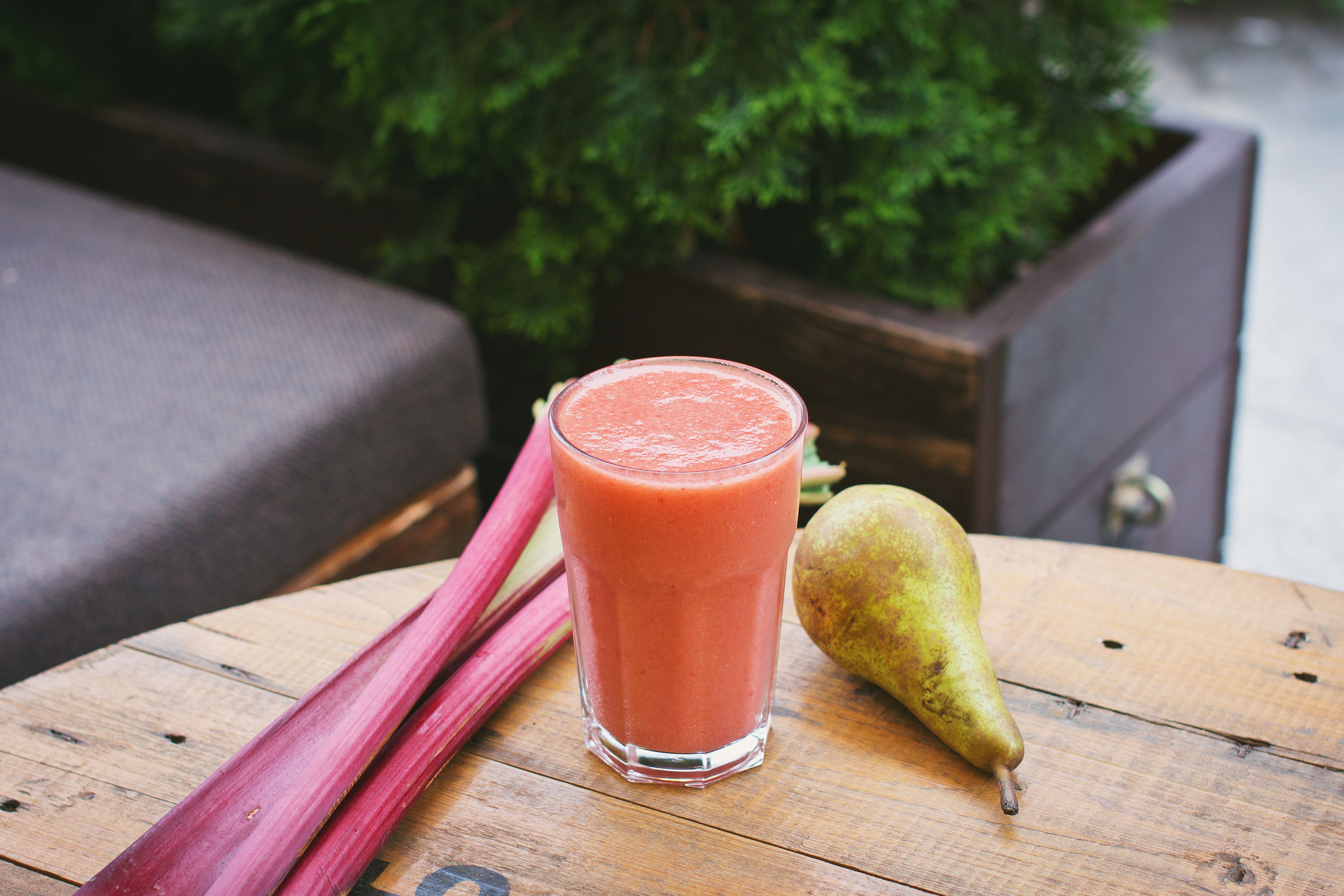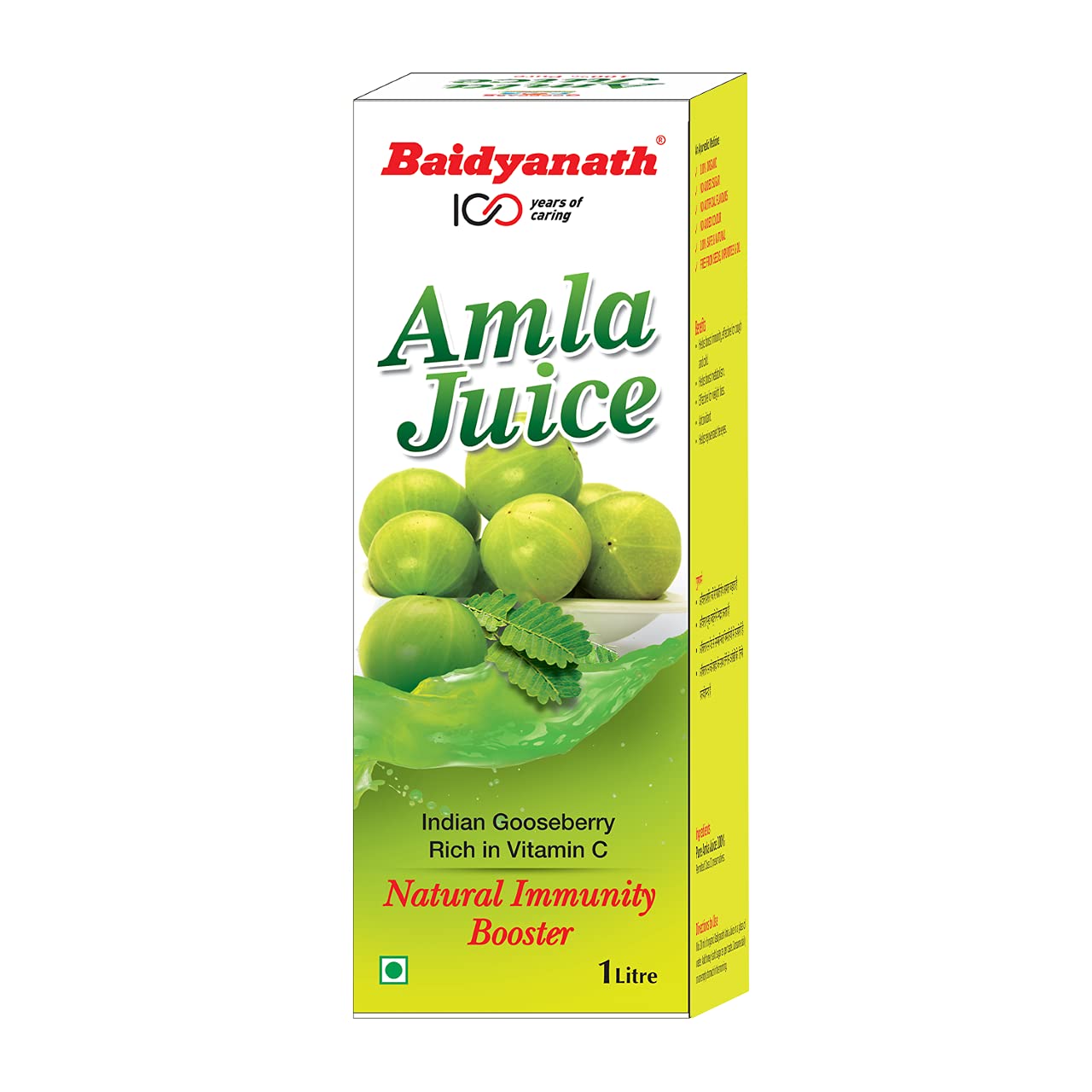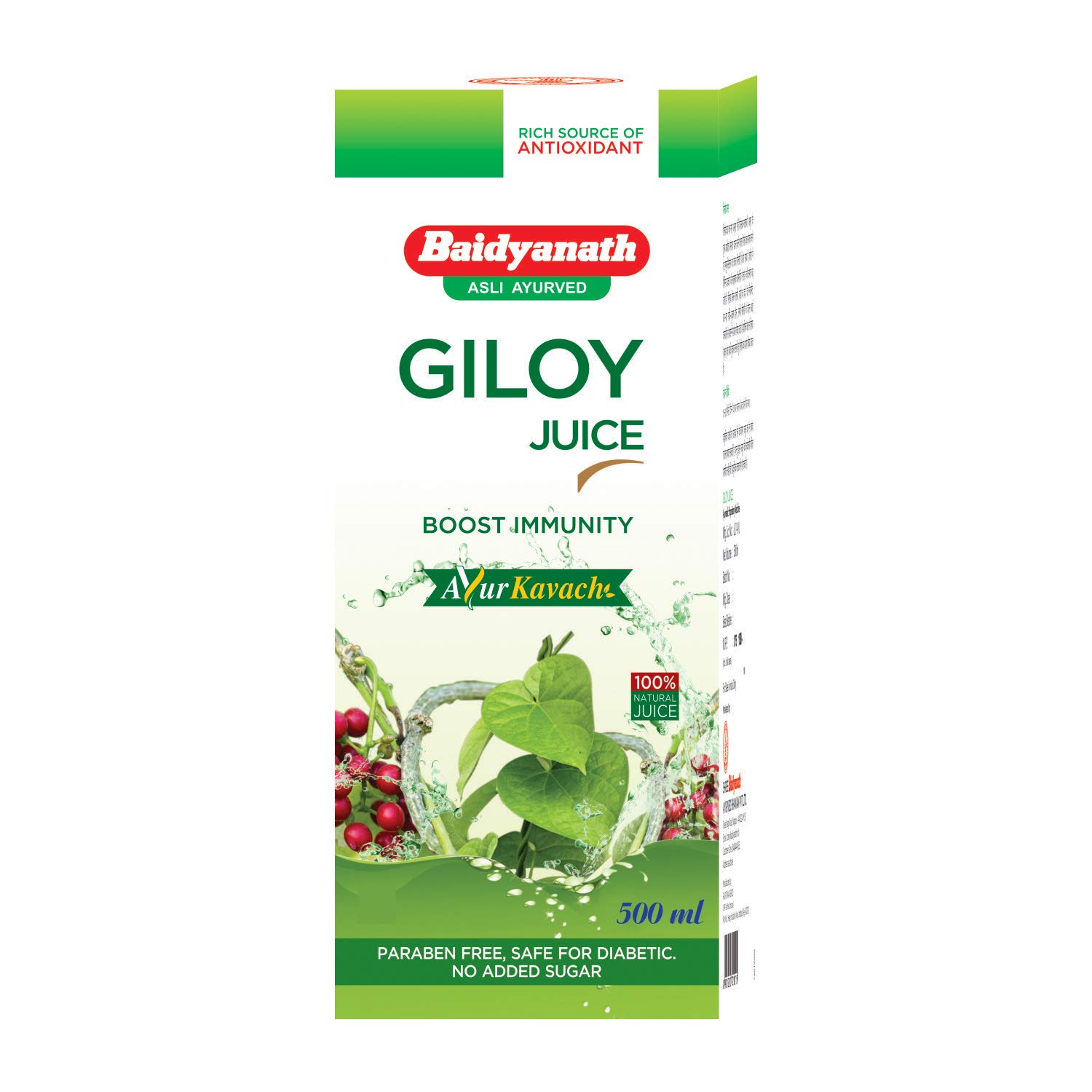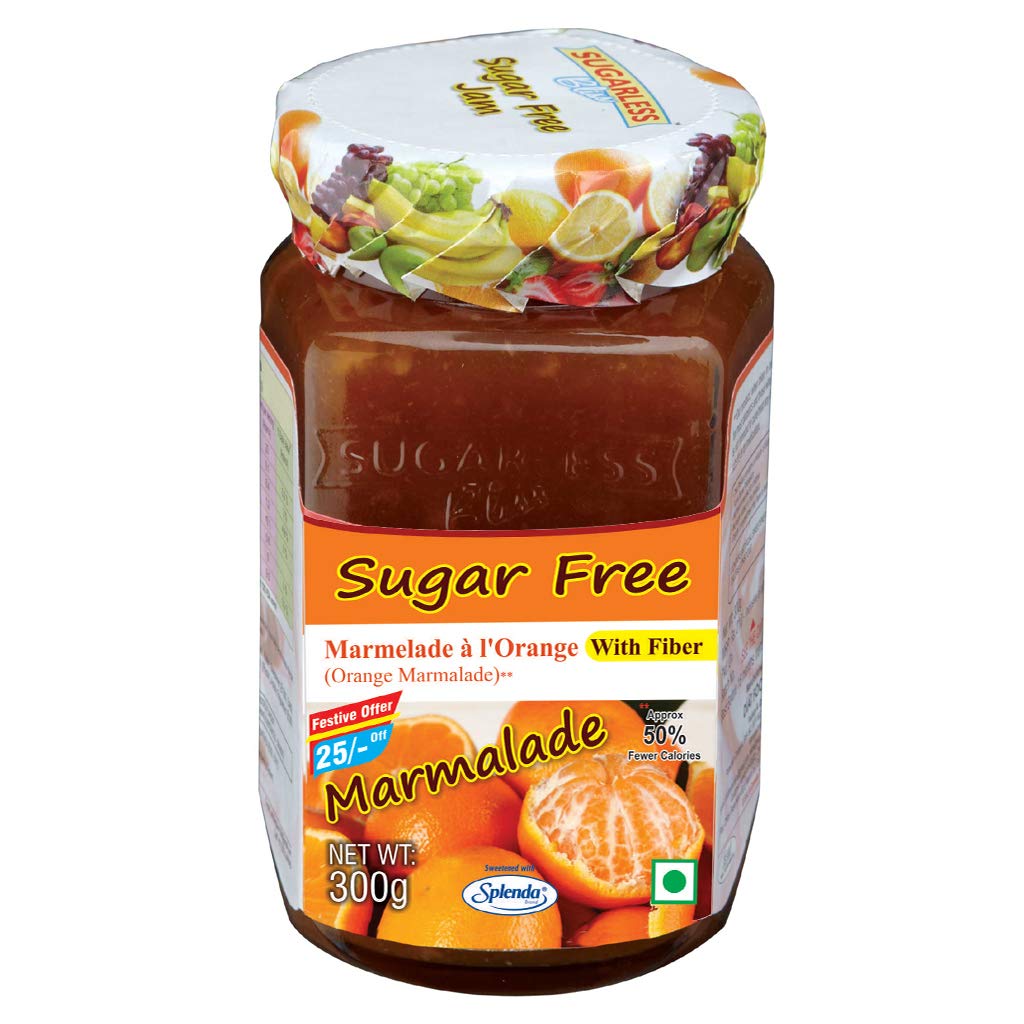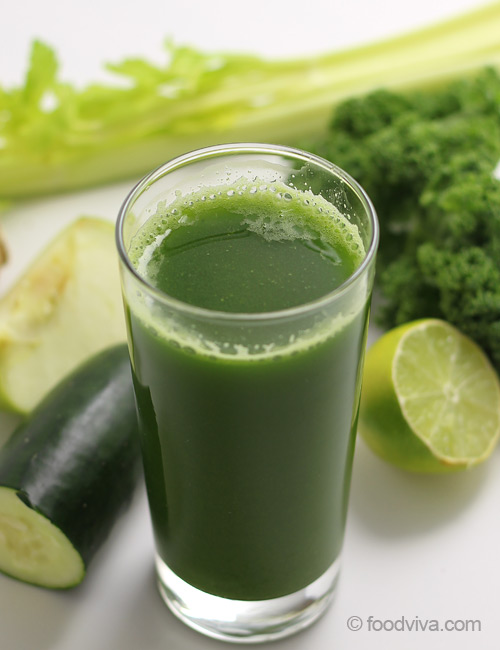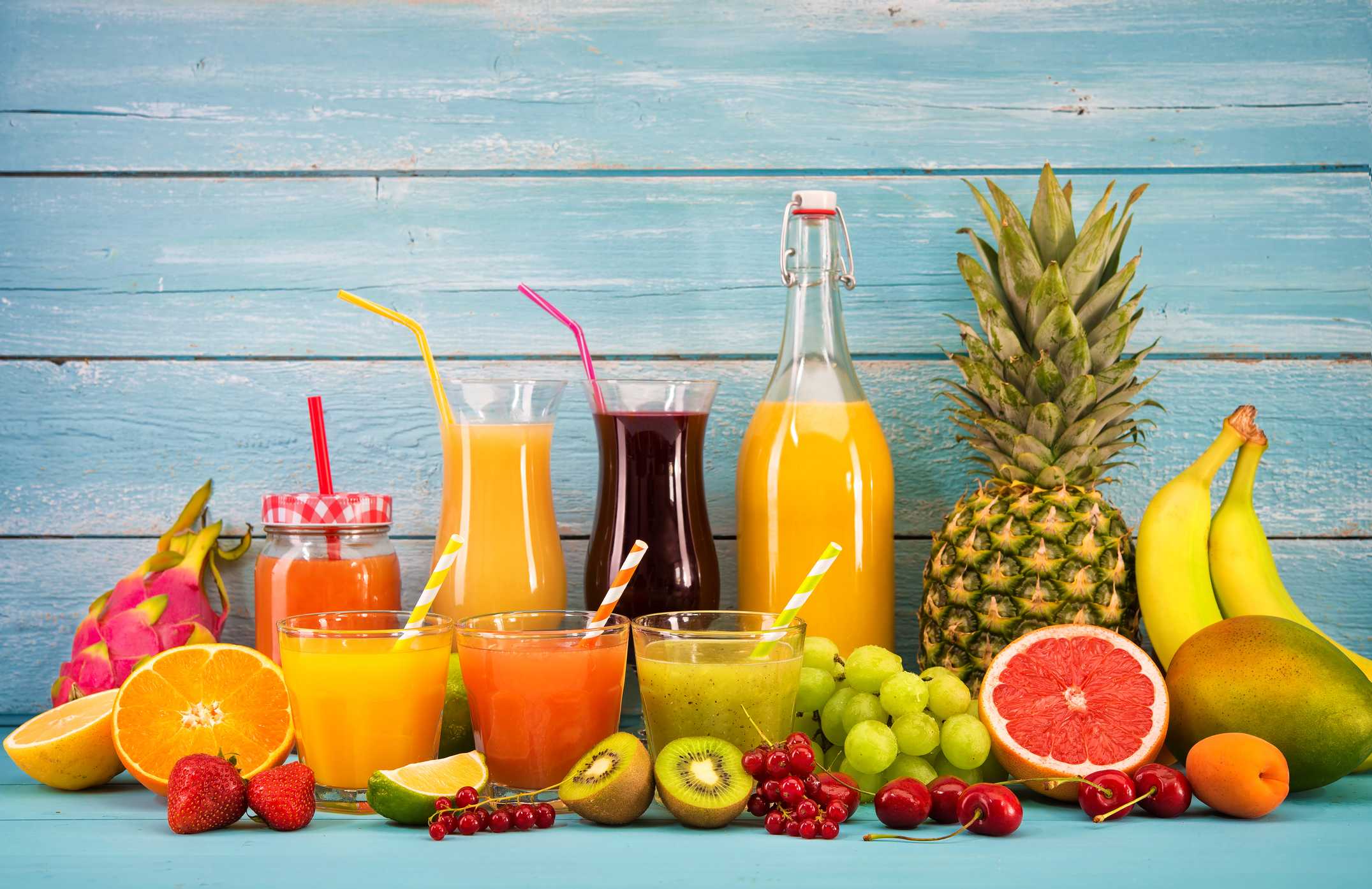It can be concluded that juices should not be considered alternatives to their original food. Prefer eating the original foods themselves over their juiced forms to capture the fibre content they naturally provide (whilst not consuming overwhelming amounts of sugar).
Published Date January 24, 2003
Please Stop Juicing Your Vegetables
By Naurin Ansari
3 min read
Last update date: January 24, 2003
All about fibre, vitamins, metabolism and fruits and vegetables.
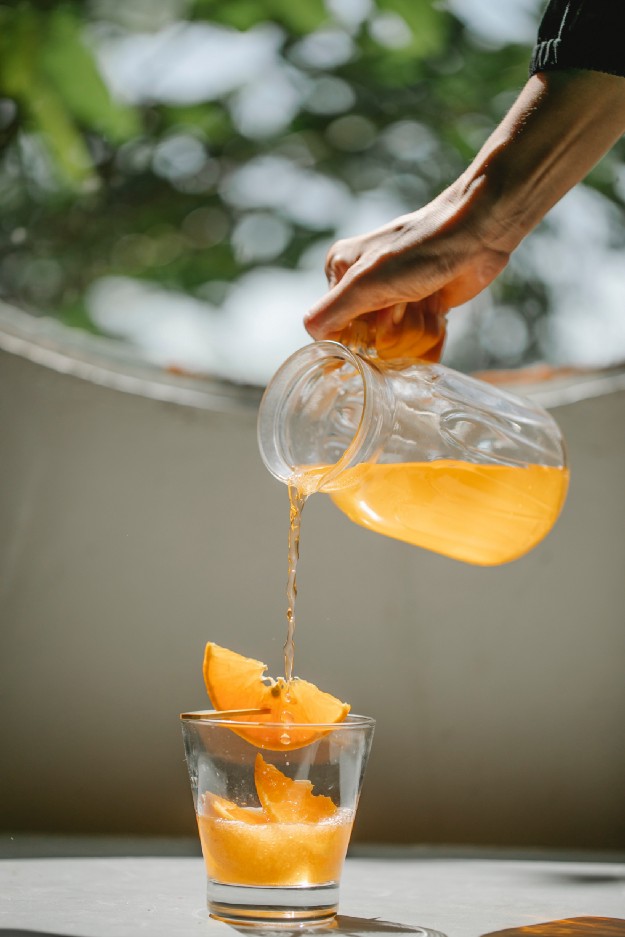
In recent times the nutrition craze of juicing vegetables has reached its peak. Whether it’s freshly squeezed, cold-pressed, made from concentrated or 100% juice, it will in the end break down to the same thing and that is sugar.
Juicing is a process that extracts juices from fresh fruits and vegetables. It usually strips away most of the solid matter, including the seeds and pulp, from whole fruits and vegetables. The resulting liquid doesn’t contain all vitamins, minerals, and antioxidants naturally present in the whole fruit or vegetable.
Drinking your fruits and vegetables doesn’t give you the same benefits as eating them
Fruits and vegetables that have been juiced don’t have the same health benefits you get from eating them whole. The reason is that juicing removes the fibre content.
While fibre content in the fruit helps fill you up, keeps you full for a long and promotes gut health. These benefits are all gone when you juice your fruits and vegetables. Also, some vitamins and minerals are destroyed which leaves mostly sugar behind.
What works?
If you are looking to snack between meals then include veggies as the star of your plate instead of consuming them as your beverage. It will provide you with all the fibre, vitamins and minerals and satisfy your hunger.
The problem with juicing vegetables is that they restore and rebalance your organs by giving them a break from digesting and discarding the food you take in. But there is zero evidence to support this.
Do not use juices as a meal replacement or for weight loss
Using juices to lose weight might be harmful to your body. Juices that are marketed to “detoxify” your body and help you lose weight can slow down your metabolism because they have no protein or fat. A lower metabolism might lead you to gain weight once you resume a normal diet.
Any weight you lose with the help of a juice diet would be the result of fewer calories, but meanwhile, your body may not get enough protein from that diet. This may also lead you to lose muscle mass. Juice cleanses can also lead to blood-sugar problems, severe diarrhoea, nausea, and fatigue.
Juicing Eliminates the Healthy Fibre Naturally Found in Veggies
Juices are not a perfect replacement for vegetables. When you drink your veggies, you might miss out on the fibre that helps keep you full, reduces your risk of heart disease, and lowers your cholesterol. Add the pulp that is leftover in your juicer to muffins, soups, or sauces so you just don’t skip out on the benefits of fibre.
Takeaway
Keep reading
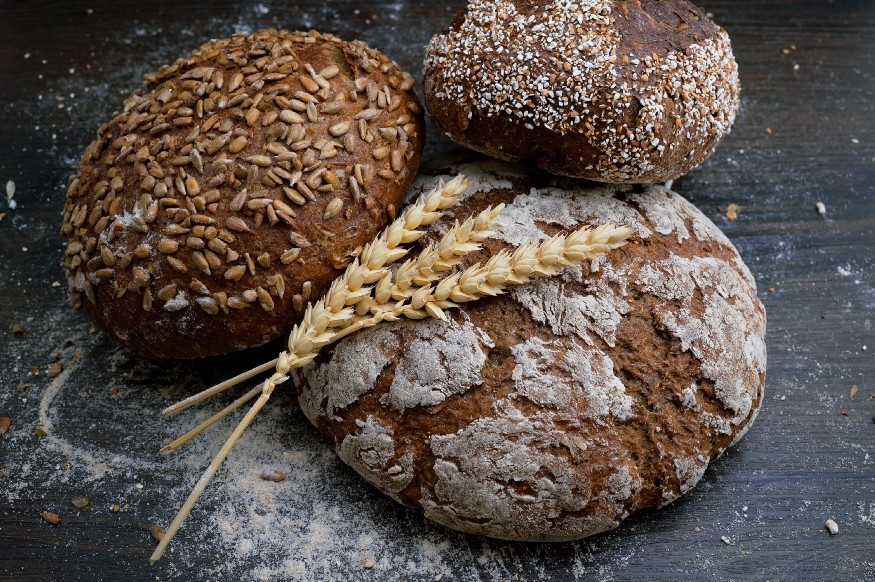
Gluten and your health
All about calcium, iron and gluten.
By Arpita Sudev

Alcohol's effect on your Mental Health
All about folate, thiamine, mental health and alcohol.
By Arpita Sudev
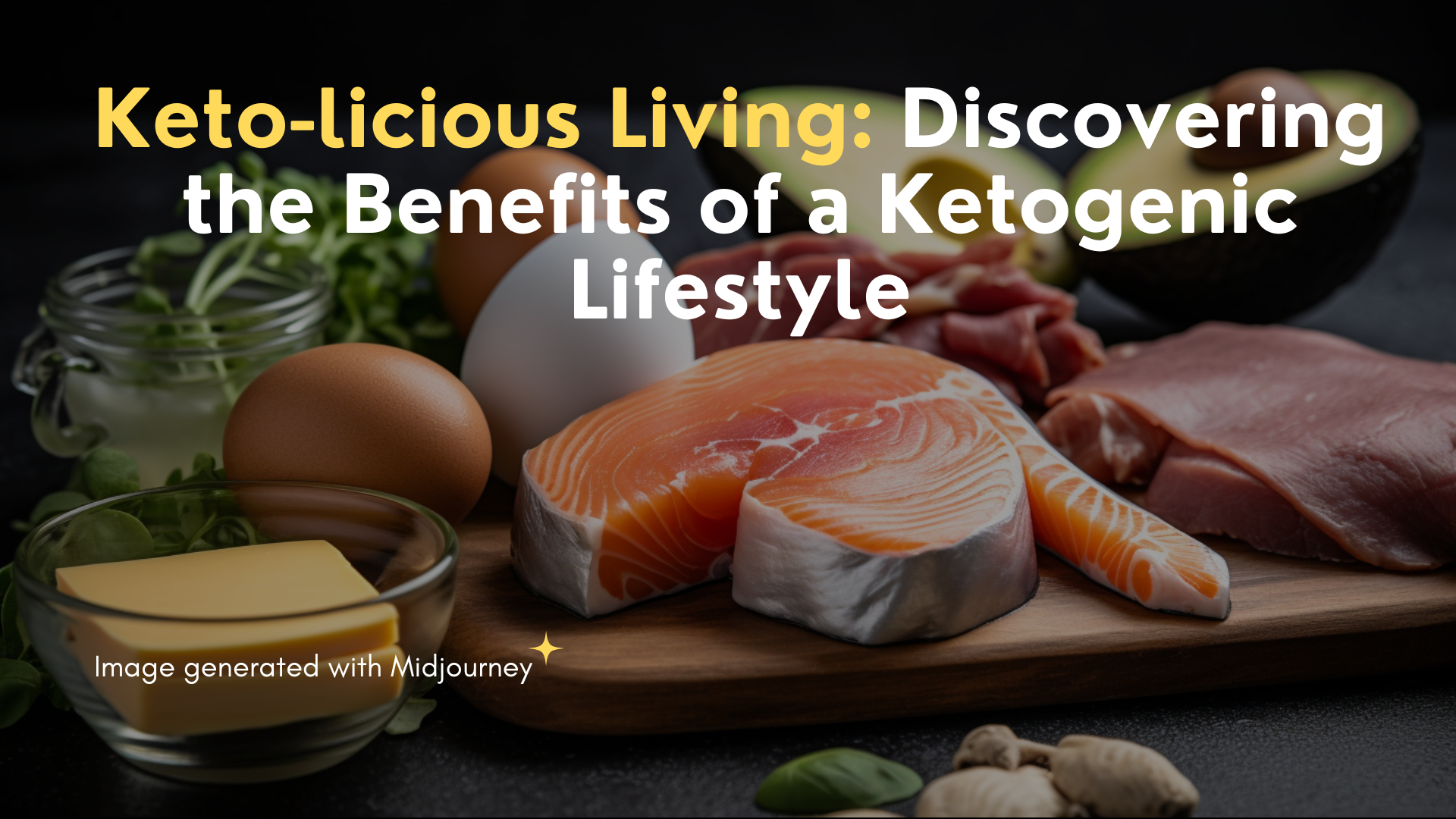
Ketogenic Diet: Ignite Your Fat-Burning Furnace
By Naurin Ansari

Are you missing out on your Iron and Folic acid intake?
Folate and folic acid are forms of Vitamin B9. Folic acid is used for preventing and treating low blood levels of folate and high blood levels of homocysteine. 
By Hetvi Shah
Related Items
Choose Healthy With Us.
Know the real truth about your food. Stay informed and healthy, for free.

Download the App Now
Certified nutritionists trust our food recommendations. Safe to say, so can you :)




